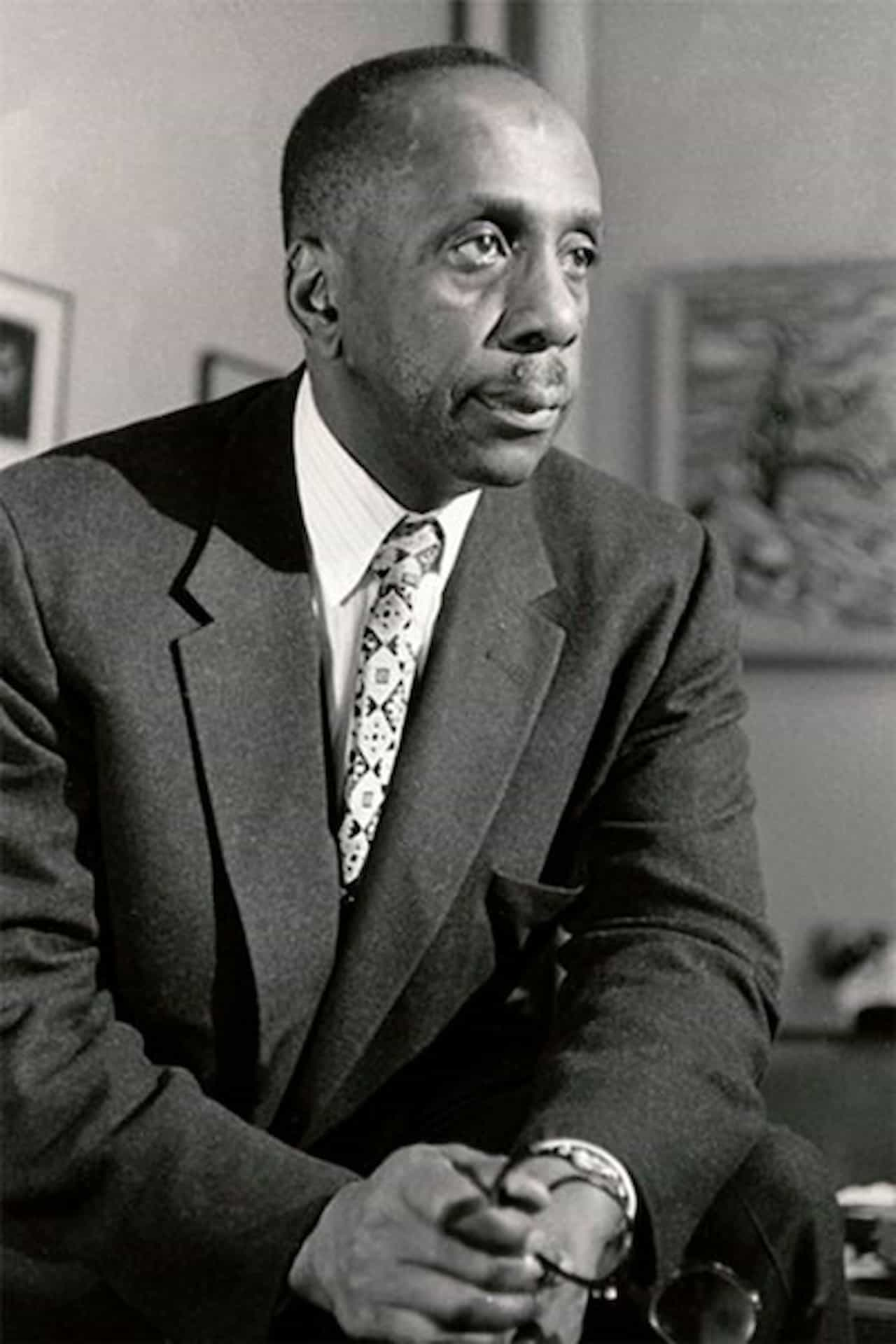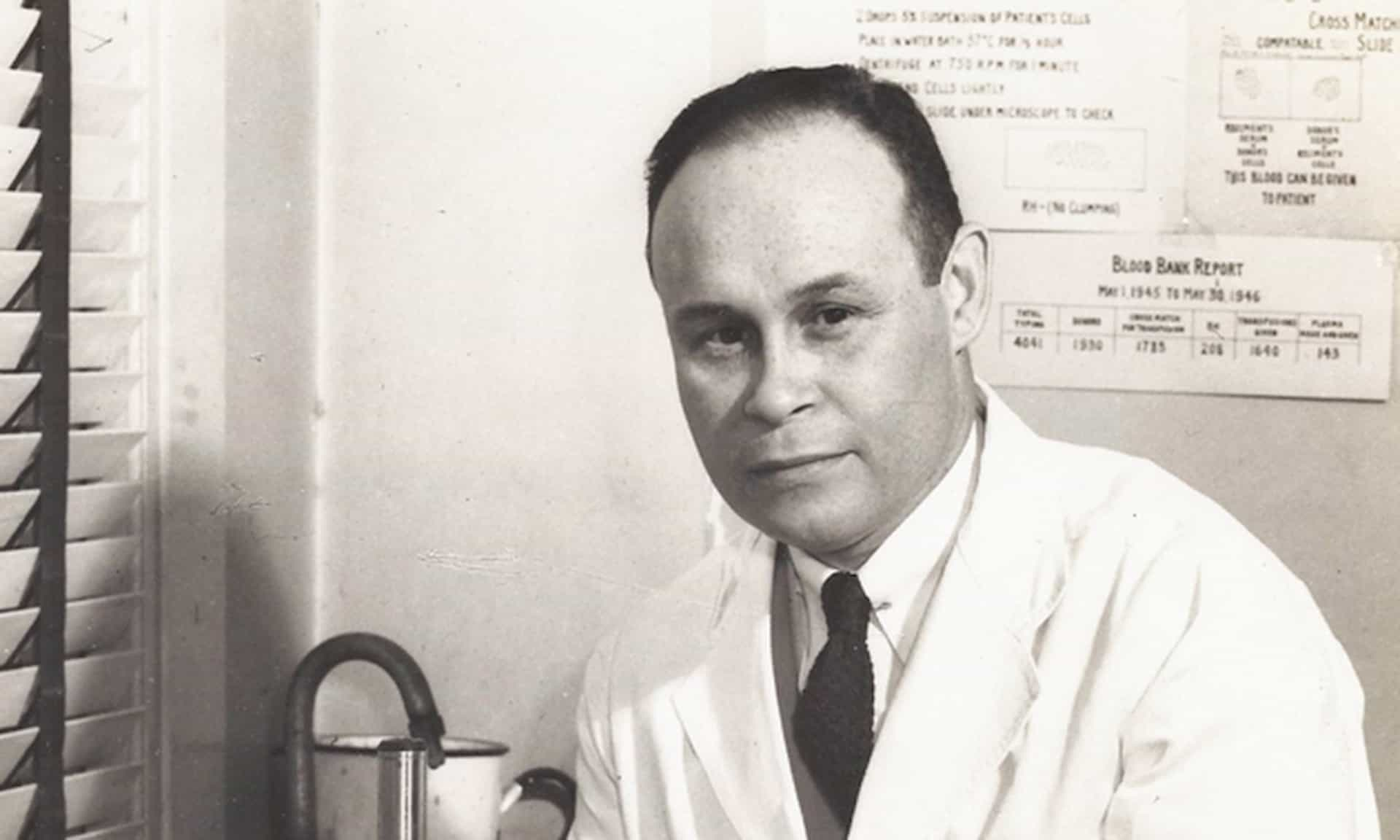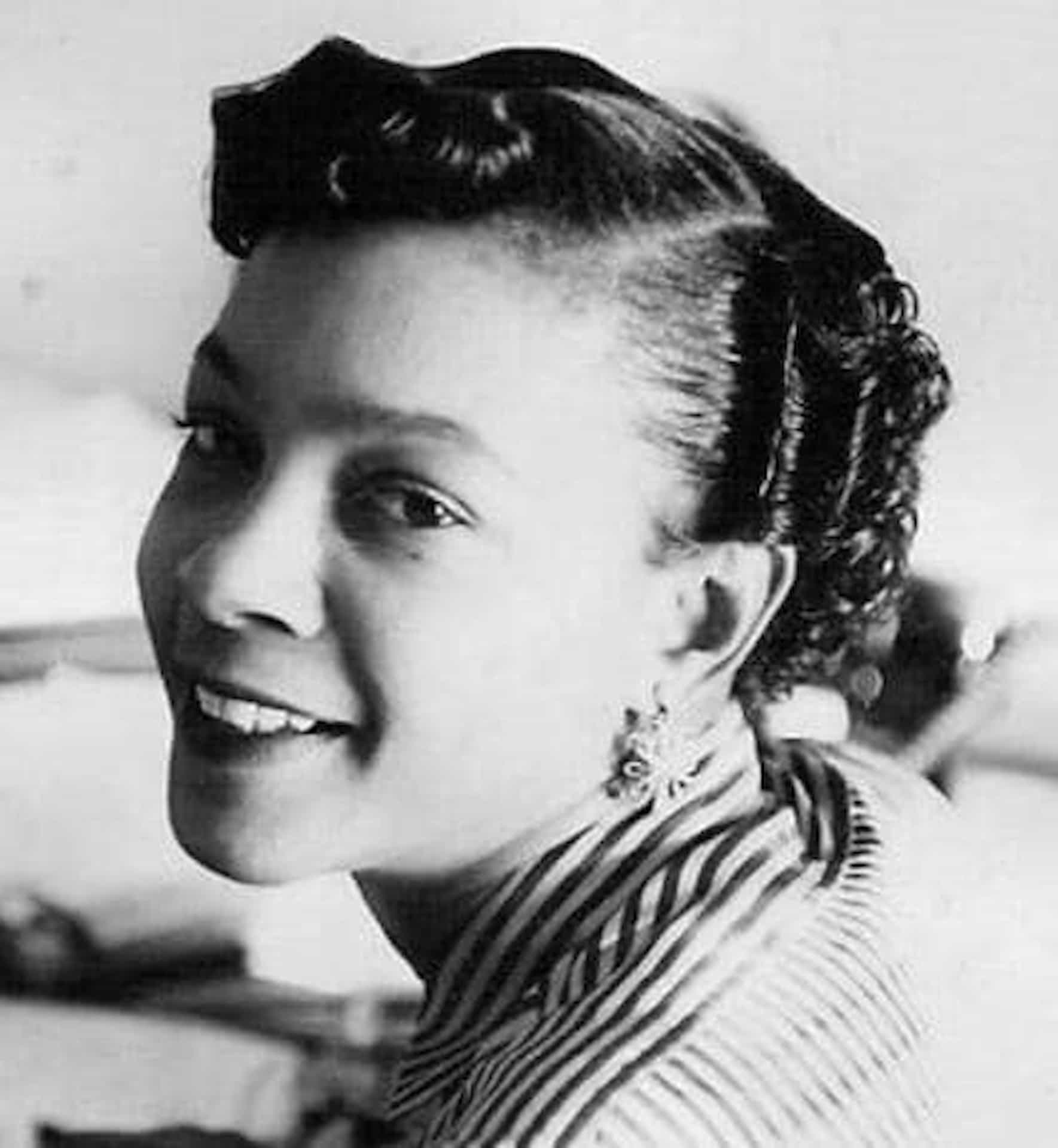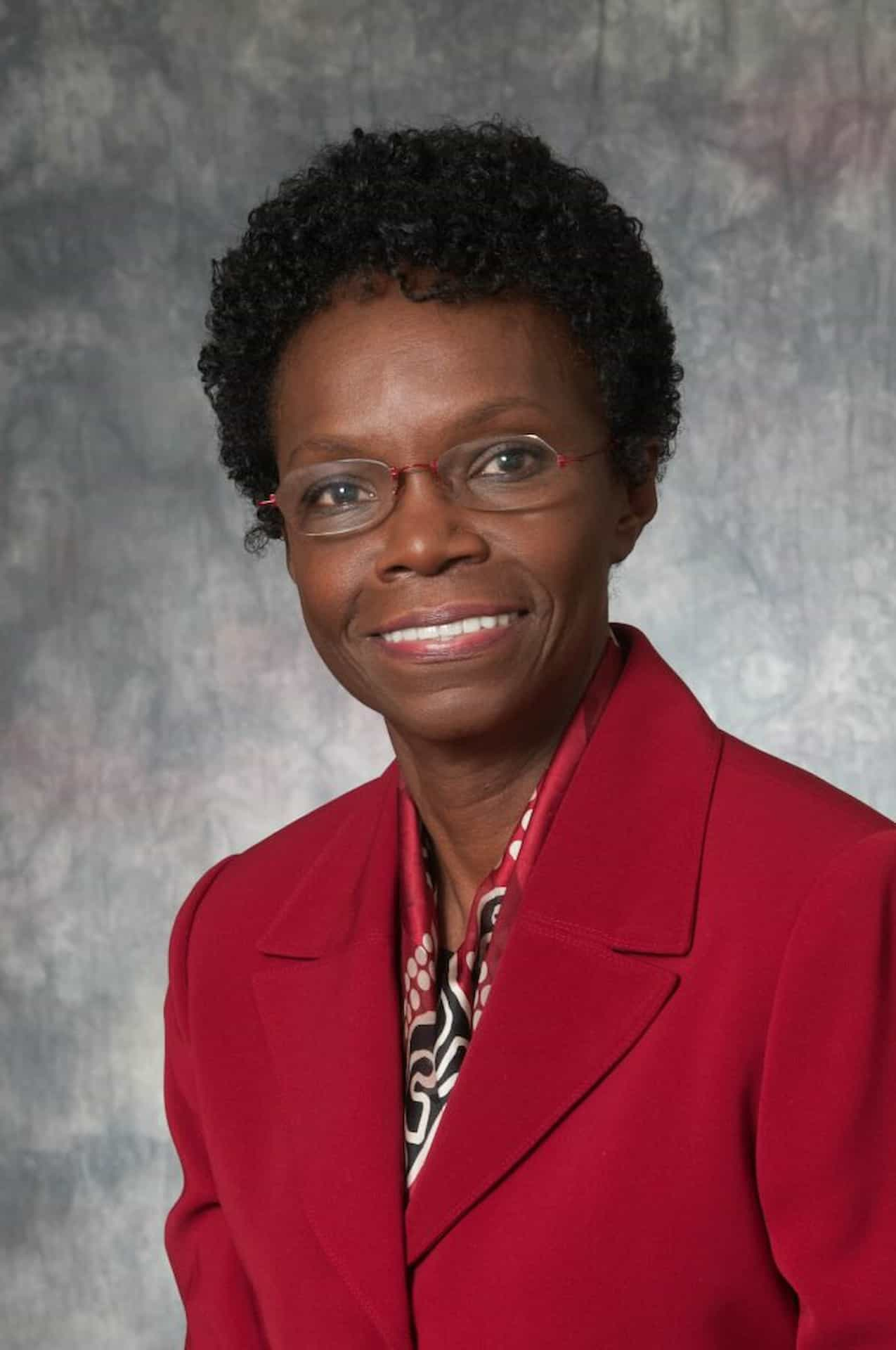Celebrating Black History Month: Honoring Black Medical Pioneers in Hospice and Palliative Care
Black History Month gives us an opportunity to celebrate the incredible contributions of Black individuals who have shaped our society, often overcoming immense challenges. This month, we honor those who have played a key role in shaping hospice and palliative care.
 | While Dr. Cicely Saunders often receives recognition as the founder of the modern hospice movement, Black medical contributors have also played critical roles in advancing compassionate care. Dr. Howard Thurman, a theologian, philosopher and educator, profoundly influenced the principles of hospice care through his focus on human dignity and spiritual connection. His teachings remind us to center compassion in all aspects of care. |
| Dr. Charles Drew revolutionized medicine by developing blood banking systems that continue to save lives today. His innovations in blood storage have directly supported patients requiring transfusions, including those in advanced stages of illness. Dr. Drew’s commitment to equitable care laid the foundation for hospice providers who strive to ensure every patient receives the support they need, regardless of circumstance. |  |
 | Dr. Mamie Phipps Clark’s research on the psychological effects of segregation emphasized the importance of mental healthcare. Her work encourages hospice professionals to address the emotional and psychological needs of patients and their families, recognizing that holistic care is essential. Her legacy inspires hospice teams to treat the whole person - not just their physical symptoms. |
Dr. Velma Scantlebury, the first Black female transplant surgeon in the United States has saved countless lives through her groundbreaking work in organ transplantation. Her efforts highlight the importance of planning for advanced care and ensuring equitable access to life-saving treatments. Her advocacy for underserved communities mirrors the mission of hospice providers to eliminate barriers to quality end-of-life care. |  |
During Black History Month, we not only honor these trailblazers but also commit to advancing their work. By recognizing and celebrating Black medical pioneers, we strengthen the foundation of compassionate, equitable care.
